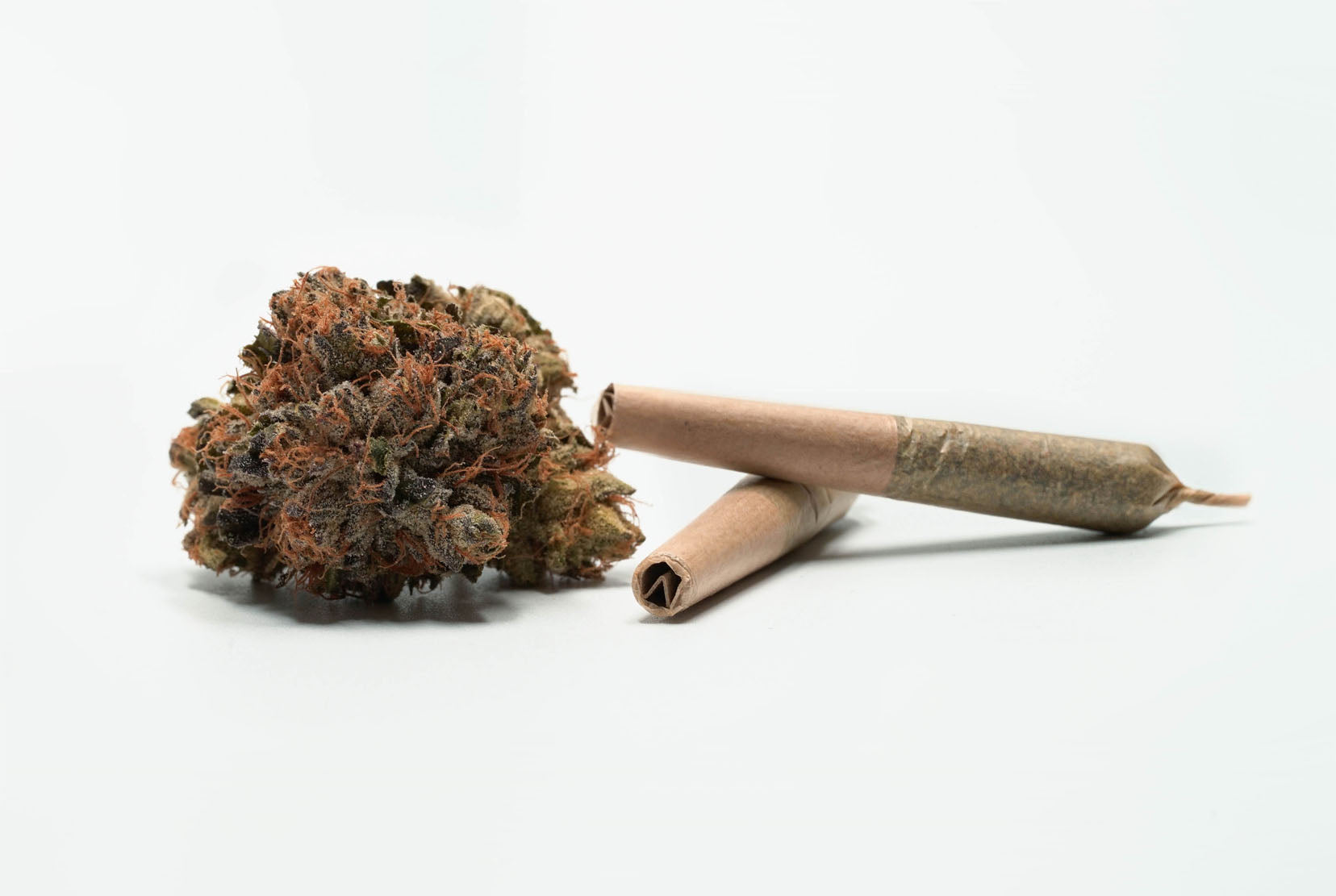Marijuana is a widely-used substance that contains an active ingredient called THC (tetrahydrocannabinol). THC is responsible for producing the psychoactive effects of marijuana, including feelings of euphoria and relaxation. However, over time, regular marijuana users may experience a decrease in the effects of THC, leading to a phenomenon known as tolerance. To counteract this, many users take tolerance breaks, periods of abstinence from marijuana, to reset their body's response to THC. Surprisingly, these breaks can work very quickly. In this article, we explore why THC tolerance breaks work so quickly.
First, it's important to understand how THC affects the body. When THC is consumed, it binds to cannabinoid receptors in the brain and nervous system. These receptors are part of the endocannabinoid system, which helps regulate mood, appetite, and pain sensation. When THC binds to these receptors, it can produce a variety of effects, including altered perception, increased appetite, and decreased anxiety.
However, over time, regular marijuana use can lead to a decrease in the number of cannabinoid receptors in the brain. This means that the same amount of THC will produce fewer effects. Additionally, the body may become less efficient at metabolizing THC, which can also contribute to a decrease in its effects.
Efficiency in abstaining.
Taking a tolerance break can help to reverse these effects. By abstaining from marijuana use, the body has time to replenish its cannabinoid receptors and to become more efficient at metabolizing THC. As a result, when a user resumes marijuana use after a tolerance break, they may experience a much more intense high than they did before.
But why do tolerance breaks work so quickly? One possibility is that the body is able to quickly adapt to changes in THC exposure. Research has shown that cannabinoid receptors can upregulate or downregulate in response to changes in THC exposure, meaning that they can increase or decrease in number depending on how much THC is present. This suggests that the body may be able to rapidly adjust its cannabinoid receptor levels in response to changes in THC exposure, which could explain why tolerance breaks work so quickly.
Another possibility is that tolerance breaks allow the body to eliminate built-up THC metabolites. THC is metabolized by the liver into compounds that can be excreted in urine. However, these metabolites can build up in the body over time, leading to a decrease in the effects of THC. Taking a tolerance break can allow the body to eliminate these metabolites, which may help to reset its response to THC.
In conclusion, THC tolerance breaks can be an effective way to reset the body's response to THC. By abstaining from marijuana use, the body has time to replenish its cannabinoid receptors and to become more efficient at metabolizing THC. The exact mechanisms behind why tolerance breaks work so quickly are still not fully understood, but it is likely that the body is able to rapidly adapt to changes in THC exposure. If you're a regular marijuana user who has noticed a decrease in the effects of THC, taking a tolerance break may be a good option to consider.
